Are your feet hurting? You’re not alone! There are many different reasons your feet might be hurting, and it can be tough to determine the cause. Foot pain is one of the most common complaints that people have. This article will discuss some of the most common causes of foot pain and how you can treat it. Keep reading for more information!
Contents
Why Health For Your Feet Is So Important
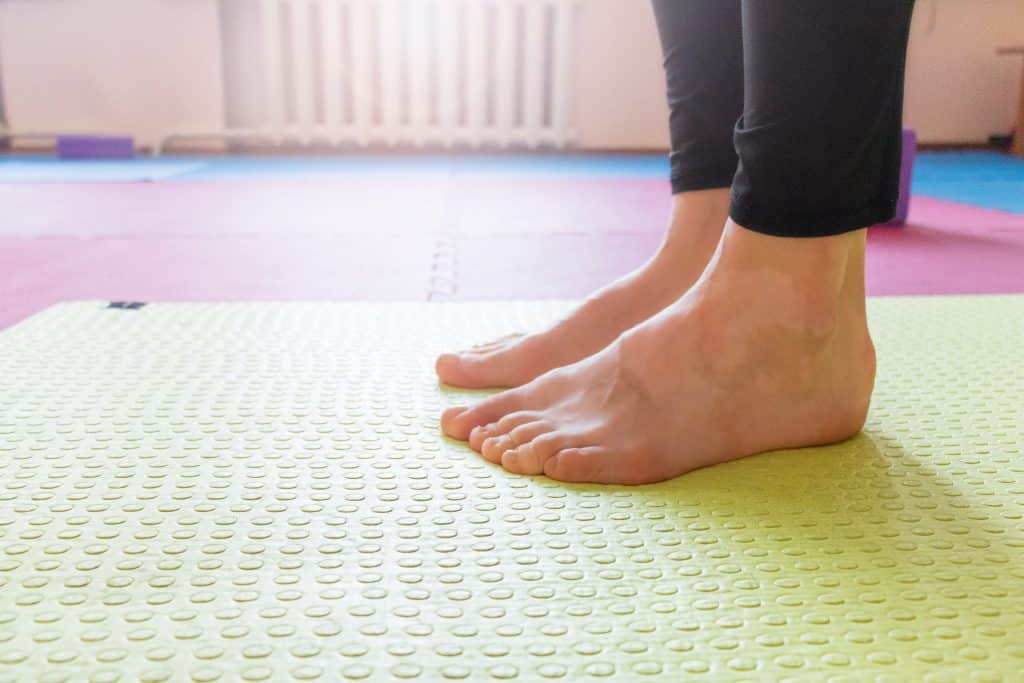
Even though most people take foot health for granted, it enormously impacts our lives. The feet are the base of the body from which we move and carry ourselves around in harmony with our environment. With proper foot hygiene and regular care, the feet can keep us mobile, healthy, and comfortable. Taking good care of your feet decreases pain and fatigue and increases overall well-being by promoting circulation and better balance.
Investing in foot health is a great way to help maintain a healthy lifestyle both now and in the future. For example, wearing well-fitting shoes with good arch support can prevent overactive muscles that lead to foot complications such as bunions and plantar fasciitis. Furthermore, walking barefoot helps reduce stress hormones while increasing endorphins, helping us feel better mentally and physically.
Reasons Your Feet Are Hurting
Many factors can cause foot pain, from improper footwear to underlying conditions such as arthritis or diabetes. Some of the most common causes of foot pain include:
Ingrown Toenails
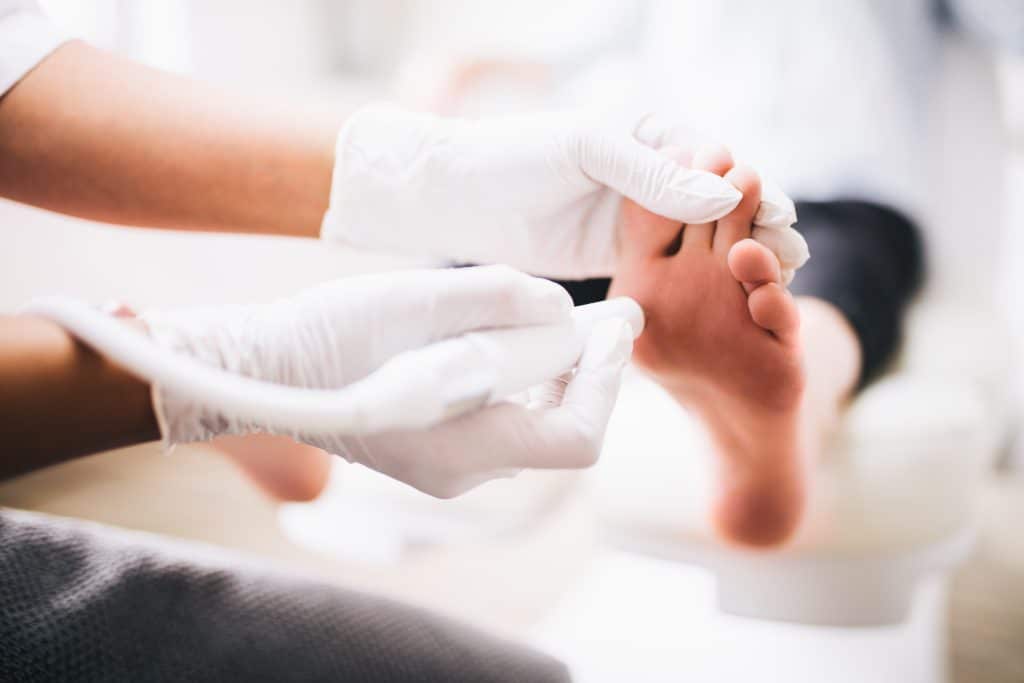
Ingrown toenails can cause significant pain and discomfort in the feet. Symptoms generally include swelling, redness, drainage, and pain along the side of your toe where the nail has embedded itself. This common foot ailment occurs when the edges of your toenail grow into the surrounding skin, which can become infected and lead to further issues like abscesses.
It may even be difficult to put pressure on your foot due to the intense pain and sensitivity. If you suspect you have an ingrown toenail, you must see a podiatrist for diagnosis and treatment before things worsen. The sooner you act, the less likely you are to experience prolonged leg pain or, worse long-term damage from this condition.
Blisters And Calluses

Many overlook that their feet are a source of constant stress and strain. Between long days on your feet, unsupported shoes, and physical activity, our feet take a beating! Blisters and calluses can result from all these pressures, causing discomfort or even pain in some cases. The trick with blisters is to stop them before they start – with proper cushioning and foot care, you can reduce your risk of developing one or ease the pain if one has already formed.
Calluses, however, require routine maintenance through exfoliation as they may progress over time if left unchecked. Remember, it’s essential to be mindful of your foot health; reducing pressure points and fatigue through proper care is critical for preventative measures against further injury or damage.
Acute Injury

An acute injury is one of the most pervasive reasons your feet might hurt. Whether you have suffered torn ligaments, a broken bone, or once-off inflammation, this can cause significant discomfort and limit your movement. Even though healing may take weeks or even months in some cases, the silver lining is that with proper treatment, these types of injuries recover completely.
You should see a physiotherapist specializing in foot injuries to get the right diagnosis and access much-needed relief quickly. An accurate diagnosis will enable you to determine an appropriate treatment plan to heal faster and resume normal activity with minimal downtime.
Plantar Fasciitis
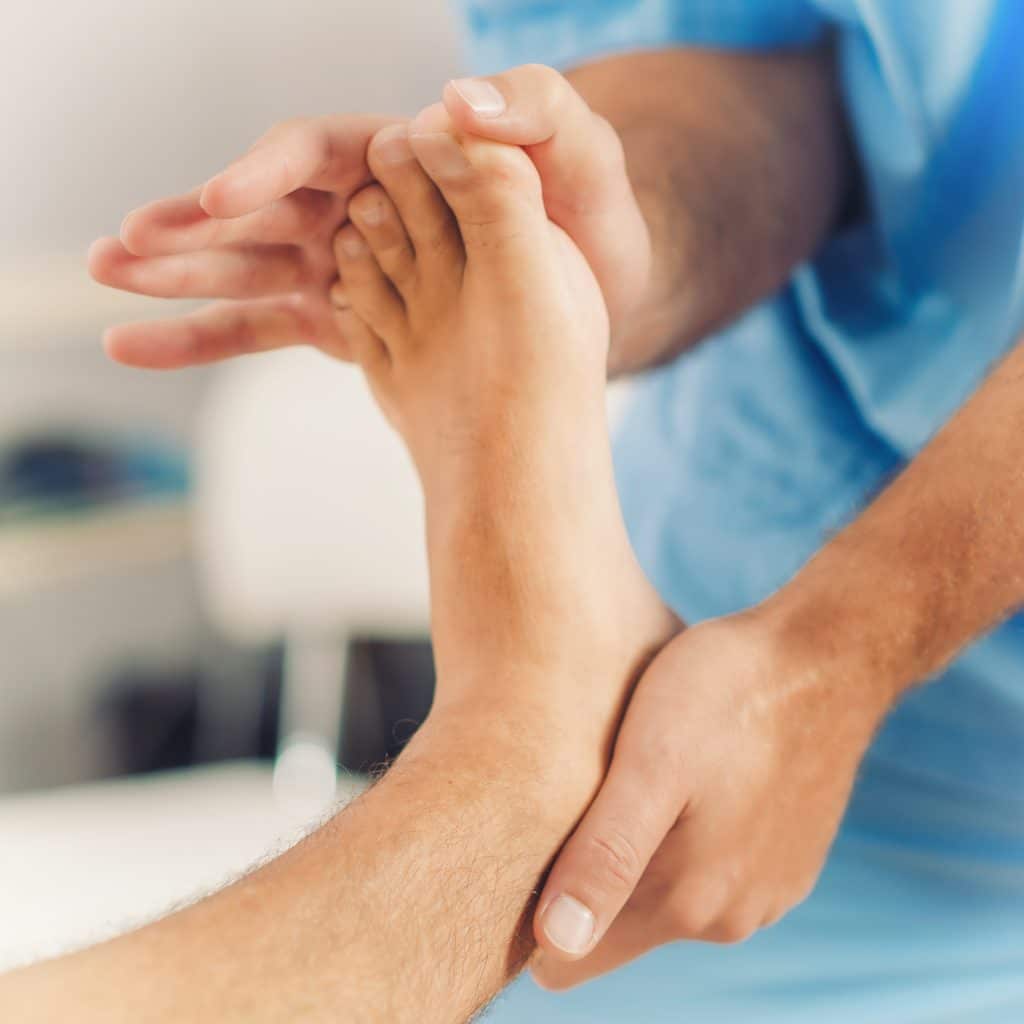
Plantar fasciitis is one of the leading causes of foot pain and soreness that can be mildly irritating at best or debilitatingly painful at worst. You may have plantar fasciitis if you experience soreness in your foot’s arch or heel area, which seems to worsen in the morning or after a period of rest. This pain can radiate from the heel up the calf muscle.
Although there are multiple risk factors, such as having flat feet, spending too much time standing on hard surfaces, being overweight, and wearing improper shoes for activities like running or walking, some cases may be from changes in normal anatomy from tight tissues that limit movement. A doctor can provide an accurate diagnosis and work with you toward reducing symptoms with stretching exercises and treatments like physical therapy, orthotic inserts, anti-inflammatory medication, and even steroid injections.
Osteoarthritis
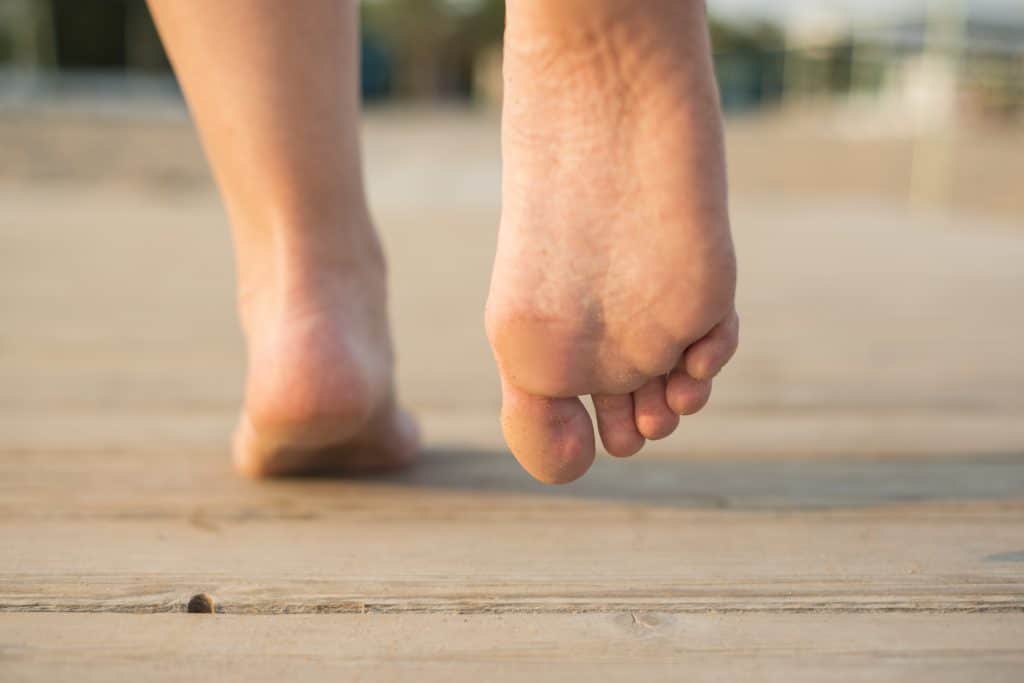
Osteoarthritis can make your feet ache and feel tired, which is a common type of arthritis that occurs when the protective cartilage on the ends of your bones wears down over time. While it typically affects joints in your hands, knees, and hips, it can affect any joint in the body, including those in your feet. Symptoms of osteoarthritis in the feet include intense pain at night or after long periods of standing or walking and swelling or redness around the joints.
Osteoarthritis can cause an individual to experience stiffness and pain when moving their foot in certain directions or even when keeping it still. If you are experiencing these symptoms, it is essential to see a doctor so they can develop a treatment plan suited to help alleviate your condition.
Morton’s Neuroma

If you’ve noticed a sharp, burning pain between your toes that worsens when walking barefoot or wearing sandals or high heels, you may be experiencing Morton’s neuroma. This can occur when one of the nerves running from the sole of your foot to your toes becomes pressed and swells due to too much friction in a particular area. This swelling puts pressure on the other nearby parts, causing a burning sensation.
Fortunately, you can treat Morton’s neuroma with non-surgical measures such as massaging and stretching your feet, using custom orthotics, switching out shoes for ones with better arch support, and icing the affected area to calm inflammation. In extreme cases, surgery may be recommended; if so, the short-term wearing of a boot may help reduce any discomfort associated with moving around after surgery.
Tarsal Tunnel Syndrome
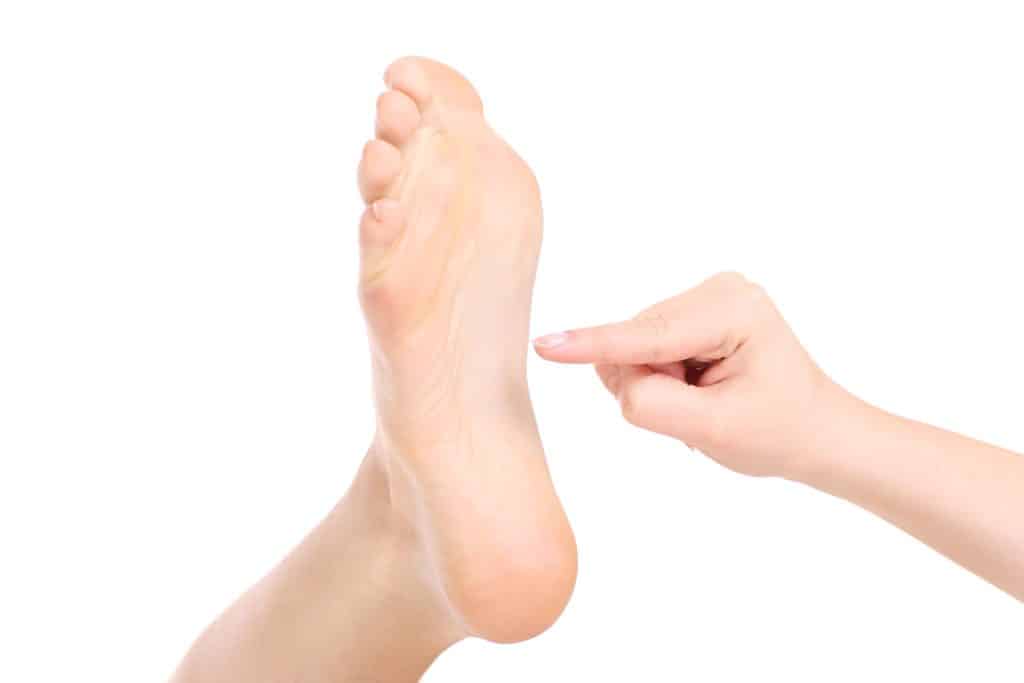
If your feet feel burning, aching, or tingling, you could suffer from tarsal tunnel syndrome. This nerve compression disorder is by pressure applied to the tibial nerve in the foot, often due to rubbing on the bottom of the foot when walking and running. The pressure can cause symptoms such as numbness and pain anywhere along your ankle, heel, and sole of your foot.
While uncommon, it should still not be overlooked – if left untreated for too long, complications can arise, such as chronic sensitivity to cold temperatures and decreased sensation in the feet. To prevent any long-term damage, it’s important to immediately find ways like rest or orthotic support to reduce the pressure on your affected nerves and seek early medical advice.
Do Your Feet Ache?
In conclusion, there are different severities of foot pain, such as osteoarthritis and Morton’s neuroma, and many risk factors can cause that. If you’re experiencing any of these symptoms, it is essential to see your doctor so they can develop a treatment plan suited to help alleviate your condition. Whether it involves physical therapy, orthotic inserts, or even surgery, it is vital to seek early medical help to prevent any long-term damage and ensure a pain-free future.


